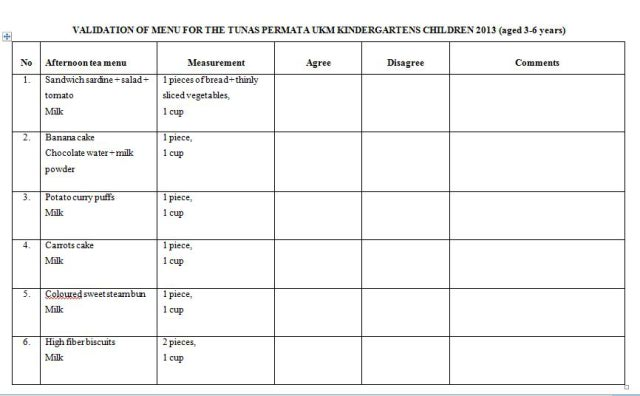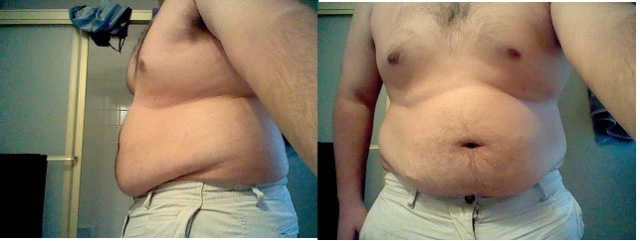I Cant Lose Weight Anymore
Question
Hi Tim,
I am currently 193 pounds, I am 19 years old and 5'3 in height. A year ago I was 200 pounds, but with a very limited calorie intake of 1,200, I was able to drop to 190 pounds.
Within a year, I've been fluctuating between 190 to 200. When I went back up to 197 pounds, I retried my calorie intake and dropped all the way to 190 again.
I needed to lose more weight, so I tried to continue with my 1,200 calorie plan, only to find that I've gained 3 pounds within a week or two.
I've learned that my body may think I'm starving and slow metabolism...but it doesn't explain why the diet used to work for me but now it doesn't anymore.
Currently, I increased my calorie intake and added exercise, but the scale does not seem to budge after a month. It's so frustrating, any tips?
Thanks,
Katie
Hi Katie,
Thanks for your patience.
I will explain to you exactly what occurred with your weight loss.
At 200 pounds I am guessing you ate a lot of processed foods or simple carbs. Possibly your caloric intake every day was higher than your body could expand. So by dropping to 1200 calories you threw your body into a state of shock which is how you lost that 10 pounds. Granted most of it was probably water as opposed to actual fat. The point is any drastic change such as that causes an immediate and similar drastic result. However the body adapts very quickly to any change in stimulus.
No weight loss works unless you back it up which is why you went back up. You would have needed a total change to maintain and progress. And then by going back to 1200 you had that shock factor again.
Here is the thing about dropping calories that low. At first you get that shock factor and the body responds accordingly. However a red flag goes up and the brain senses a drastic reduction of calories. The brain or the body does not understand weight loss. All it knows is survival and will in turn do whatever it takes to maintain life. When the brain senses calories are reduced too far for too long it takes action to compensate for the limited energy. A message is sent to the body to slow down the metabolism and store as much fat as possible. The reason the brain says to store fat is this is the body's energy reserve. It knows that is energy intake is low it better store everything it can, the form of that storage is fat.
What you need to do is not only give the body what it needs, but also expand more than what you put in.
Your body has something called the BMR or base metabolic rate. This is the amount of calories (energy units) required to maintain life. This does not include any movement or any physical action that requires energy. There is no reason that the BMR can't come in around 1200-1500 calories a day. So you need much more than that to do anything. I usually never recommend anyone go under 1600 calories a day.
As a general estimate take your body weight and multiply by 13. So if you are 190 aim for about 2300 calories a day. That's a little less than the 13 but its close enough and gives you an advantage. You get these calories by eating 5-6 times a day every 3-4 hours.
The metabolism is like a camp fire. It burns when you light it but slowly starts to fade. So you throw on another log and the flames go up. The flame is metabolism and the log is food. You have to keep fueling it. This is why you need to eat every 3-4 hours or it burns out.
You can arrange your meals like this
Breakfast
Snack
Lunch
Snack
Dinner
The foods you choose are important too. Avoid simple carbs and sugars. These are things like sugar, soft drinks (diet too), white bread/pasta, white rice.
You want complete carbs like brown rice, whole wheat bread/pasta, quinoa, sweet potato, vegetables.
And don't let the "wheat" word or "whole grain" on a label fool you. The ingredients must say 100% whole wheat to be valid. "Contains whole grain" only means its in there, even at .5%. By a rule the FDA says anything over 1 gram can be counted. In turn anything under a gram can be listed as zero. So I can put 1 gram whole grain in a food and boast about it containing whole grain.
Be such every meal contains lean protein like chicken, turkey, fish, lean beef, eggs, or protein powder.
Good fats are olive oil, canola oil, vegetable oil, nuts, nut butters, avocados, and those from fish.
Each meal needs fat, protein, and carbs. Also towards the end of the day, after lunch, try to limit starches (bread, pasta, etc) and eat fibrous carbs like broccoli and spinach.
Finally you need to be active. Try to get in 30 minutes of exercise 3-4 times a week. Combine resistance exercise and cardio. Do 15 minutes resistance training and 15 cardio.
Example: lifting weights or body weight exercises followed by 15 minutes walking or on a bike.
And if you can handle it now try HIIT cardio. This alternates high and low intensity. For example you can walk 3 minutes to warm up then job 30 seconds. After that walk for 60 seconds. Alternate like this and try to get up to 10 30/60 sets. And if you can't do 30 then do what you can and work up to 30.
Try to incorporate these things into your life and you should see some results. They'll be longer lasting than the calorie slash and you won't be starving.
And also be sure to hydrate. Try to get in the habit of drinking water. Aim to drink 16-20 ounces every hour you are awake, more if you can.
- Prev:Weight Loss Plateau
- Next:Not losing.
Related Articles
-
Foods to enhance immune system and boost energy.
QuestionHi Tanya What can I do to improve my amun system?
-
Working out, gaining weight
QuestionQUESTION: Although I work out (moderate to hard stationar
-
help please
QuestionIm 15,Im really overweight,and I have to dreams. I want t
-
Foods, meal replacements, and prostate health
QuestionI am 30 and trying to lose about 20 pounds and lower BP a
-
corn syrup
QuestionQUESTION: Hi. Can you tell me what the difference i
-
Fennel seeds
Question A while ago I read an article concerning fennel seeds ai




